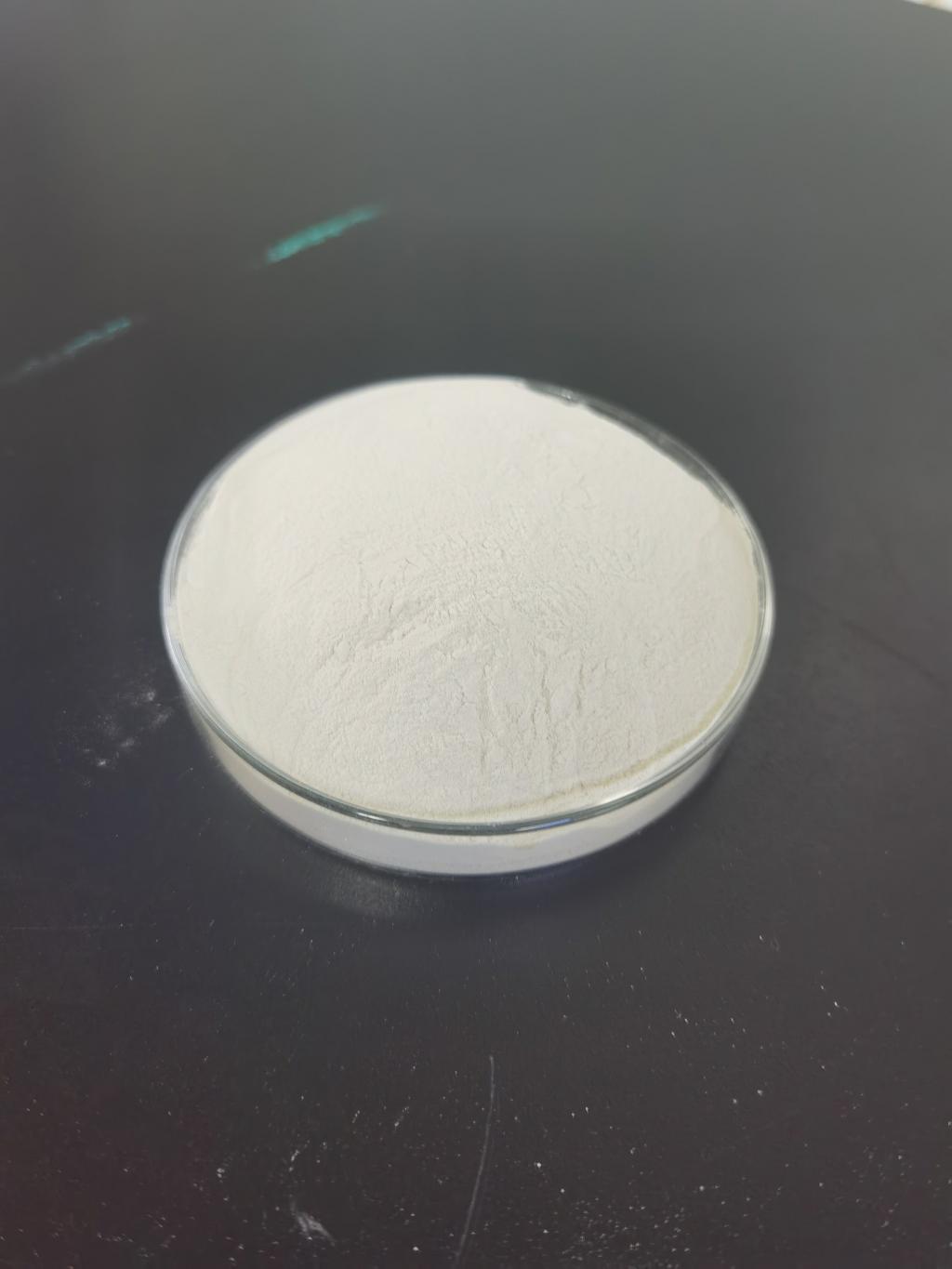Tel:+8618231198596

News
 CONTACT
CONTACT
 CONTACT
CONTACT
- Linkman:Linda Yao
- Tel: +8618231198596
- Email:linda.yao@dcpharma.cn
- Linkman:CHARLES.WANG
- Department:Overseas
- Tel: 0086 0311-85537378 0086 0311-85539701
News
Current Position:
Home >
News
>Are there any studies on the effectiveness of Nisin against foodborne parasites?
Are there any studies on the effectiveness of Nisin against foodborne parasites?
TIME:2023-06-02
Introduction:
Foodborne parasites are responsible for a considerable number of infections globally, leading to severe health consequences and economic burdens. Traditional control measures such as proper hygiene, cooking, and freezing are effective but not foolproof. Therefore, exploring novel strategies, including the use of natural antimicrobial agents, is essential for improving food safety and public health.
Foodborne Parasites and their Impact:
This section provides an overview of common foodborne parasites, including protozoa (e.g., Cryptosporidium and Giardia) and helminths (e.g., Taenia, Trichinella, and Anisakis). The impact of foodborne parasitic infections on human health is discussed, highlighting the need for effective preventive and control measures.
Nisin: A Natural Antimicrobial Peptide:
Nisin is a bacteriocin produced by certain strains of the lactic acid bacterium Lactococcus lactis. It has been extensively studied and approved for use as a food preservative in many countries. This section provides an overview of the structure, mode of action, and safety profile of Nisin.
Mechanisms of Nisin Against Foodborne Parasites:
The antimicrobial activity of Nisin is primarily attributed to its ability to disrupt bacterial cell membranes. However, recent studies have demonstrated that Nisin also exhibits potent activity against certain foodborne parasites. This section explores the mechanisms by which Nisin exerts its effect on different stages of parasite life cycles, including inhibition of adhesion, penetration, and replication.
In Vitro Studies on Nisin and Foodborne Parasites:
Several in vitro studies have investigated the efficacy of Nisin against foodborne parasites. This section reviews the findings of these studies, discussing the dosage, exposure time, and experimental conditions used. It also highlights the challenges and limitations associated with in vitro studies.
In Vivo Studies on Nisin and Foodborne Parasites:
Animal models play a crucial role in evaluating the efficacy of Nisin against foodborne parasites. This section examines various in vivo studies conducted to assess the effectiveness of Nisin in controlling parasite infections. The outcomes of these studies, including reductions in parasite burden and improvement in clinical symptoms, are discussed.
Human Trials and Epidemiological Studies:
Human trials and epidemiological studies provide critical insights into the practical application of Nisin against foodborne parasites. This section presents an overview of the available human trials and epidemiological investigations, focusing on the outcomes, safety, and potential challenges associated with Nisin usage in real-world scenarios.
Challenges and Future Directions:
While the existing studies on the effectiveness of Nisin against foodborne parasites are promising, several challenges need to be addressed. This section discusses the limitations of current research, including the need for standardized protocols, better understanding of dosage requirements, and the development of delivery systems. Furthermore, potential future directions and areas for further research are outlined.
Conclusion:
The growing body of evidence suggests that Nisin holds significant potential as a natural antimicrobial agent against foodborne parasites. Its broad-spectrum activity, favorable safety profile, and existing regulatory approvals make it an attractive alternative to synthetic preservatives. However, further research is needed to optimize its use, develop effective delivery systems, and assess its long-term effects. Ultimately, the application of Nisin in the food industry may contribute to improved food safety and reduced foodborne parasite-related illnesses.
- Tel:+8618231198596
- Whatsapp:18231198596
- Chat With Skype







